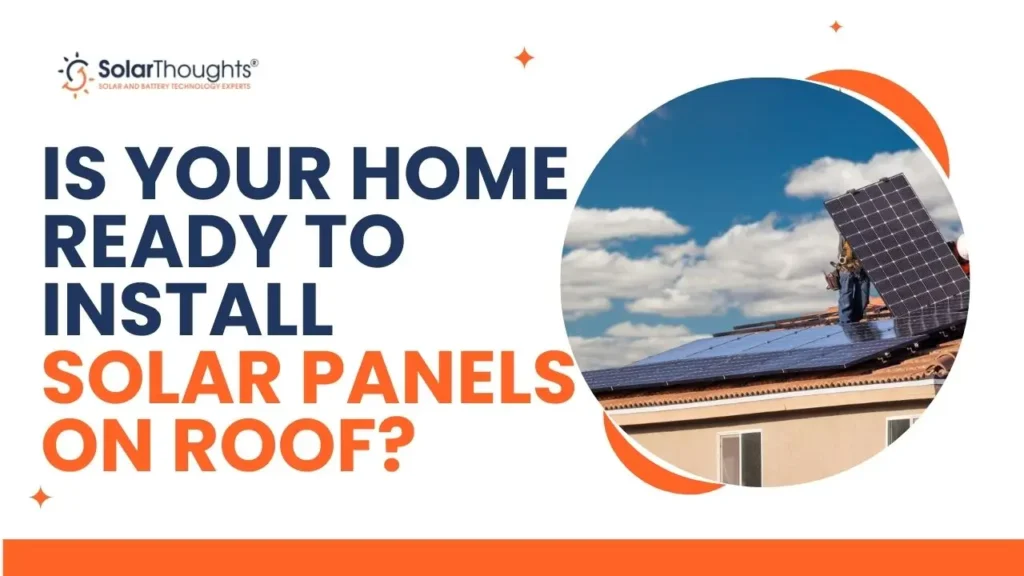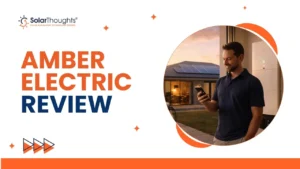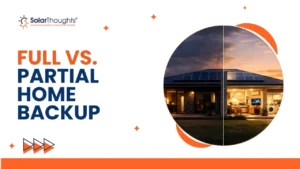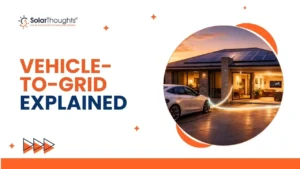Installing solar panels on your roof can be a good way to put money into your home. They help lessen your electric bills and also aid in making the environment cleaner. But, before you start with the installation process, it is necessary to check if your house is really prepared for solar panels. Within this blog, we will lead you on understanding the important elements to think about prior to Install solar panels on your roof.
1. Check the Condition of Your Roof
Prior to fitting solar panels on the roof, it’s essential to assess its state. Solar panels are made for lasting many years, thus you must verify your roof is robust enough for holding them. If your roof is in old age, impaired or almost reaching end of life cycle, it could require fixing or even a complete renewal before setup.
The roof, if it is in a proper condition, ought to bear the load of solar panels without encountering any problems. It’s suggested that an expert roofer check the state of your roof to ensure its solid structure.
2. Assess the Orientation and Angle of Your Roof
Your solar panel’s productivity is affected by the way and tilt they are set up. Solar panels should preferably be turned towards the south in Northern Hemisphere for getting maximum sunlight exposure. If your rooftop is facing east or west, you can still put up your solar panels there but power output might be a bit less.
Your roof’s angle also contributes to energy generation. Usually, solar panels perform best if they are angled between 30 and 40 degrees. If your roof is more flat, you might need to put in place mounts that can change the panel’s angle for maximum sunlight reception.
3. Evaluate Your Roof Space
For putting up solar panels on the rooftop, sufficient space is required to fit the panels. The dimensions of solar systems can differ based on how much energy your house needs; thus it’s crucial to check if your roof holds enough vacant area for installation. Usually, a typical household solar system would require an area between 300 and 400 square feet.
Also, you must think about any blockages such as chimneys, vents, skylights or trees that could create shadows on the panels. Shadows can decrease solar panel efficiency even if it is not complete shading. Therefore having a big clear space without obstructions is better for these panels to work effectively.
4. Consider the Local Climate and Weather Conditions
The weather in your area greatly affects how well solar panels work. Living in places with lots of storms, heavy snow or strong winds means you must check if the roof and panels are robust enough for these circumstances. Some types of solar panels are made to do particularly good during harsh weathers, so picking a suitable kind based on where you live is crucial.
Also, how much sunlight your place gets will have direct impact on the energy production of your solar panels. While it is possible for solar panels to produce power even when the sky is cloudy, in places where there’s a lot of sun shining they perform better.
5. Review Your Energy Consumption
Before putting solar panels on your roof, examine how much energy you use now. Although setting up solar panels needs an upfront cost, they have the potential to save a substantial amount of money in future years. Knowing your usual power usage will assist you figure out the capacity of the solar panel system that’s right for you.
If you find your energy bills somewhat high, it may be a wise choice to invest in solar panels. You can collaborate with a provider of solar services to evaluate the volume of energy consumed and what kind of system would optimally fit your residence.
6. Check for Necessary Permits and Regulations
To install solar panels on roof top, you might need permissions from the local authorities or regulatory body in your area. These permissions confirm that safety measures and building rules are maintained during installation. The prerequisites can change based on where you stay, hence it’s vital to study what specific laws apply in your locality.
Majority of professional solar panel fitters will manage the permit procedure for you, although it’s a wise thought to understand the requirements before.
7. Explore Incentives and Financial Options
Various governments propose financial assistance, tax savings or refunds to assist in balancing the expense of setting up solar panels. This support can greatly lessen the first investment and make solar energy more reasonably priced. Remember to study about potential programs nearby your locality for exploiting any economical gains.
Also, many different ways to finance are there like solar loans and leasing programs. These options can assist you in paying the cost gradually over time.
Conclusion
To decide if your house is suitable to install solar panels on the roof, you must carefully check the state of your roof, its available space and the climate in your area. After considering these elements, it will be easier for you to choose wisely about using solar power or not. If done with proper planning, installing solar panels can become a wise and long-lasting investment for your home that offers both environmental as well as economical advantages over many years. To begin with professional solar panel installation in Brisbane, get in touch today at SolarThoughts®.
Read More On
Do Solar Panels Require Maintenance?
Is Solar Worth It in Brisbane?
How To Use Solar During A Power Outage?






